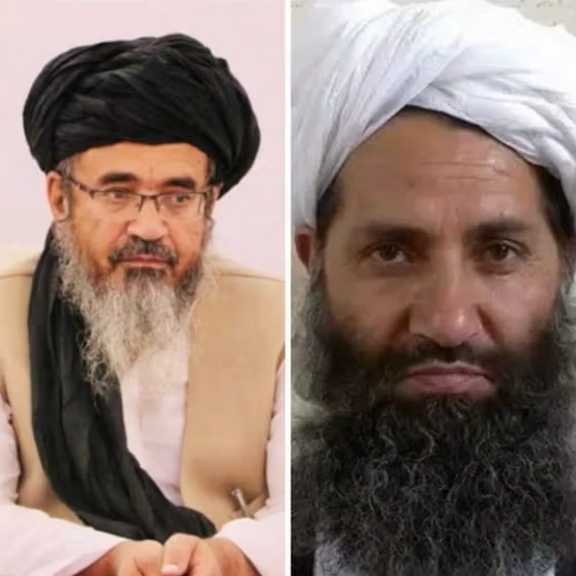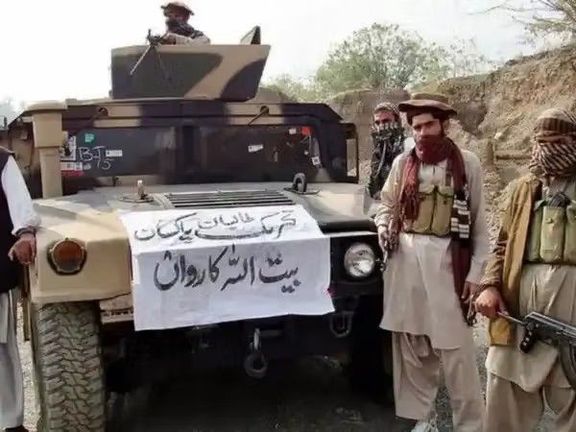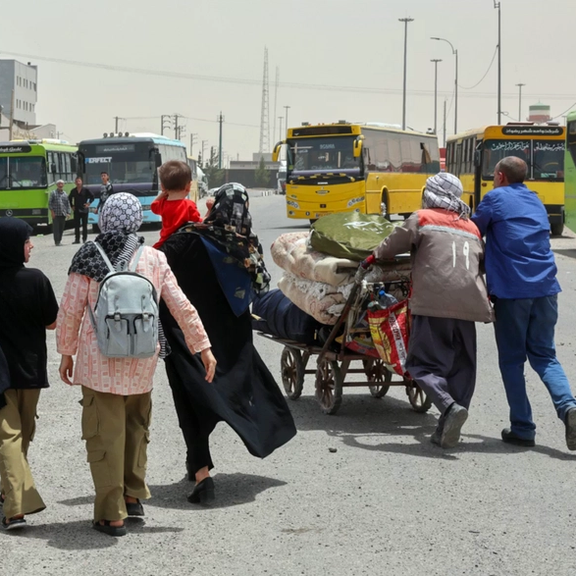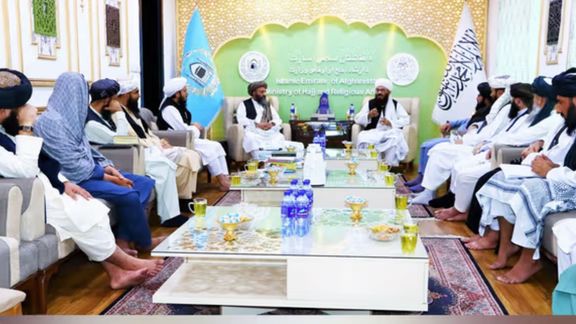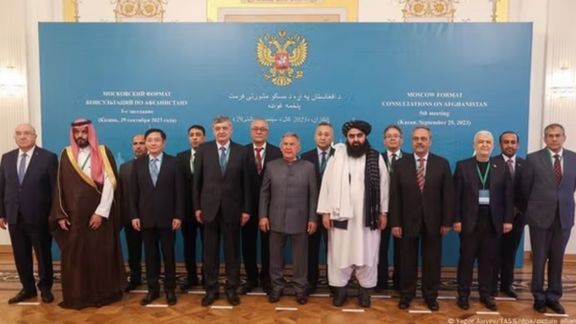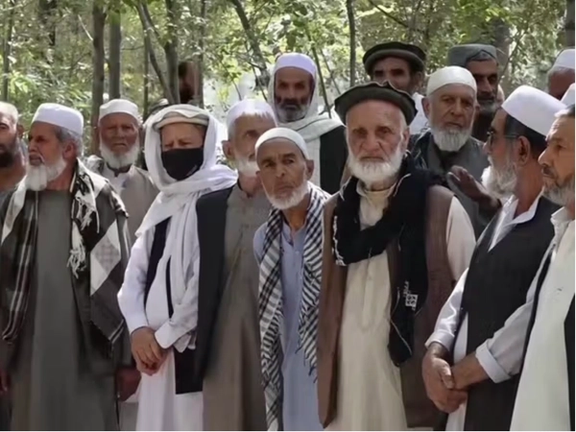Speaking on Sunday, in an interview with Afghanistan International, Kay said Russia’s engagement with the Taliban is not new, noting that Moscow has maintained covert ties with the group for years.
He added that aome regional states may recognise the Taliban because of their national interests, but this move will not affect the position of the West.
He noted that regional countries tend to view Afghanistan as a source of economic opportunity, while Western nations are more concerned with terrorism, narcotics trafficking, and migration. He stressed that Russia is also uneasy about China’s growing presence in Afghanistan and is seeking to reassert its influence.
Despite the Taliban’s return to power in 2021, Kay said that the group’s lack of adherence to civil, political and women’s rights continues to block international recognition. He added that until the Taliban respects basic rights, there is no prospect of recognition by the West.
Kay also highlighted what he described as the West’s diminishing focus on Afghanistan and said that the country is no longer a priority. Even in its current dire state, it is not receiving the attention or funding it needs.
He concluded that the Taliban’s governance structure is inherently fragile, stressed that the regime is unsustainable and Afghanistan’s diverse society cannot tolerate Taliban rule indefinitely.
